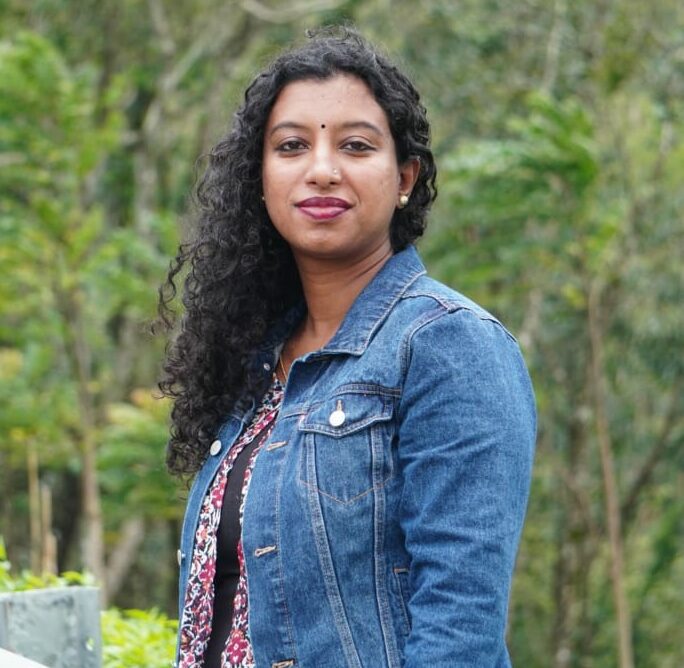
Mayura Saavi
Freelancer – Navi Mumbai
We must be aware of the effects of headlines of suicide news on the readers and hence choose words very carefully. Learning these skills will definitely bring out the humanitarian concern and once again raise the level of journalism which is going down with the TRP oriented journalism which uses triggering click baits even with such sensitive issue reporting.
Pre-recorded modules usually aren’t much effective as interactive live classes but the design of this course and expert faculties successfully broke the myth. Adding ‘experience sharing’ videos and real examples of published News did make the process easy to understand and catch hold of the interest of the person attending the module.
I would recommend this course to all of my journalist friends as well as my students as it is important to learn how to report sensitively and sensibly in such an environment where journalism is losing its senses.

Anuradha K
Piramal Swasthya, Bengaluru
This course has a well- researched curriculum. It has taught me 3 main things:
Use appropriate language: It is important use neutral vocabulary on suicide as it reflects our mindset regarding the issue & influences people. It reduces stigma on suicide. Many well-meaning individuals may be ignorant on this aspect. I have used the information on data, determinants & myths in training community mobilizers in my organization on suicide prevention awareness.
Understand suicide from a nuanced perspective: We do not have nuanced data on suicide. We have percentages & broad classification of demography & determinants. It is important to understand the context where these psychosocial, structural, systemic determinants of suicide play out to address the issue at a community level. We need to decriminalize & deglorify suicide in the minds of people.
Be sensitive to the rights of the survivors of suicide loss: We need to ensure that empathy is prioritized over our need for completing our task of reporting the “stories”. In general, I am more self-aware of not falling into the pressure of “getting my job done” at the cost of affected people. This helps me listen better and be more effective with providing actual support.

Ayushi Goyal
Journalism Student – Amity University, Delhi.
I was drawn to this course because of its structure including the presentation videos facilitated by experts in the field, videos of media professionals & persons with lived experience. The course has taught me how can we report in a complex situation and still maintain the ethical guidelines.
The strength of this course is that it explains every topic on suicide reporting in detail with examples – the examples are very relevant.
I would recommend this course to all those who are currently pursuing journalism. It will definitely help students learn how to report on suicides responsibly.

Jisha Surya
Independent Journalist – Thiruvananthapuram, Kerala
I am an independent journalist based in Thiruvananthapuram, Kerala. I have worked in newspapers such as The New Indian Express and The Times of India. Now I am a regular contributor to various online media such as The News Minute and Onmanorama.com.
One of the main things that I have learned from this course is that we could focus on the contribution made by the deceased person instead of focusing on the ‘How’s and ‘Why’s. I also knew that it was not okay to use the word ‘committed’ in suicide reporting, but I never understood the reason. The course made me realise that. It has also made me feel responsible to use reports to sensitise the public about suicides. One of the strengths of this course is that instead of just giving a set of instructions, it has included perspectives of all stakeholders including journalists.
I would recommend this course to all journalists. However, I would specifically want editors to do the course because they are the ones who insist on reporters providing detailed coverage of deaths by suicide.